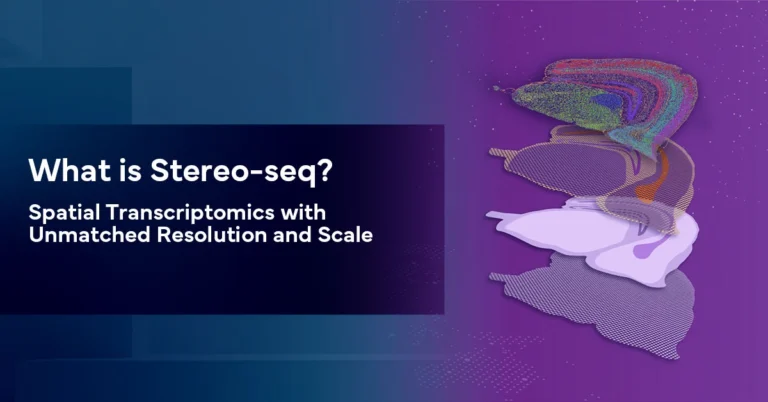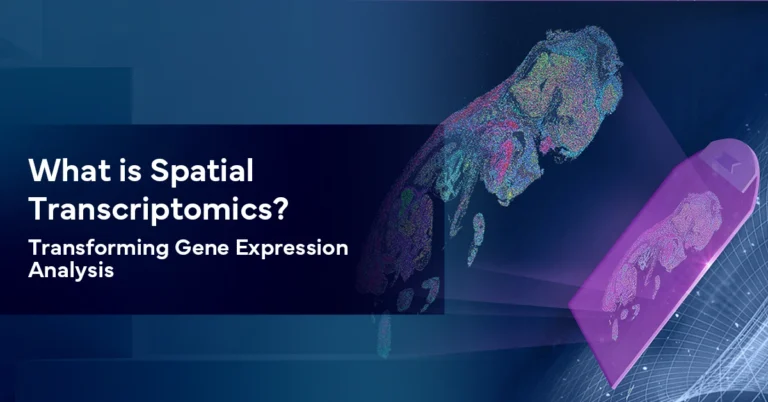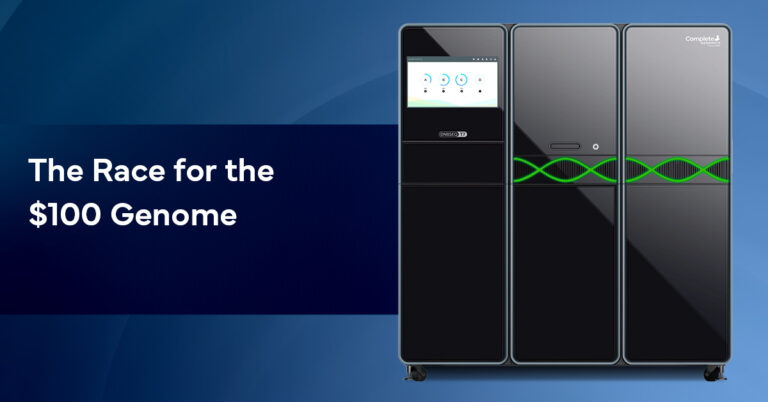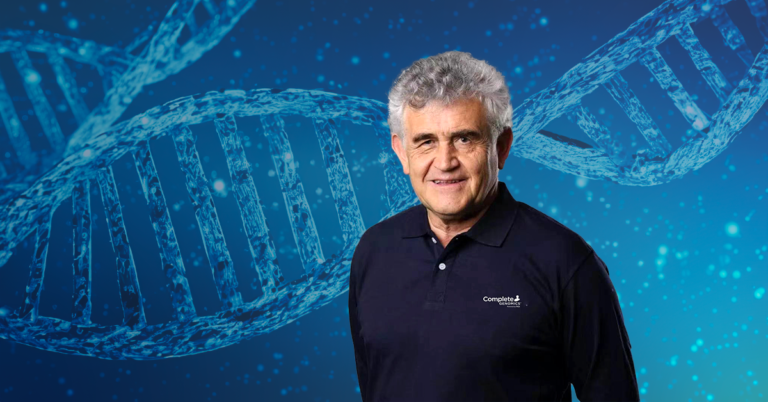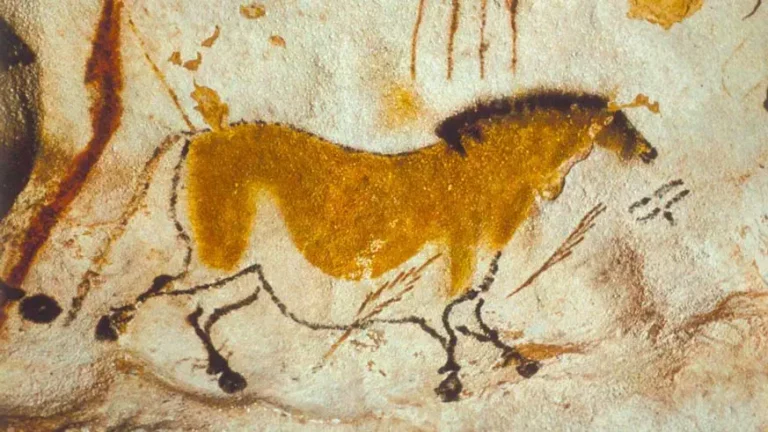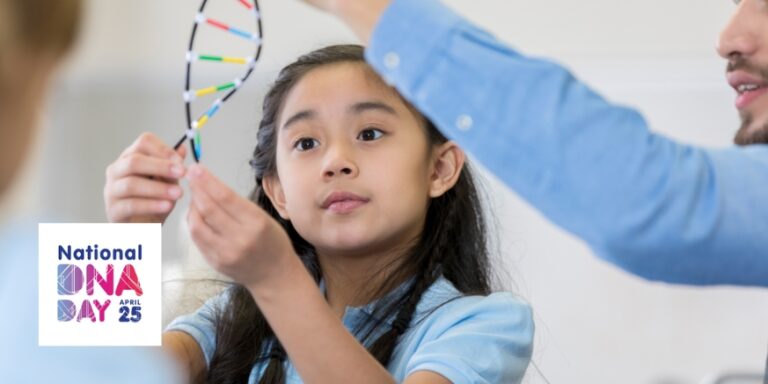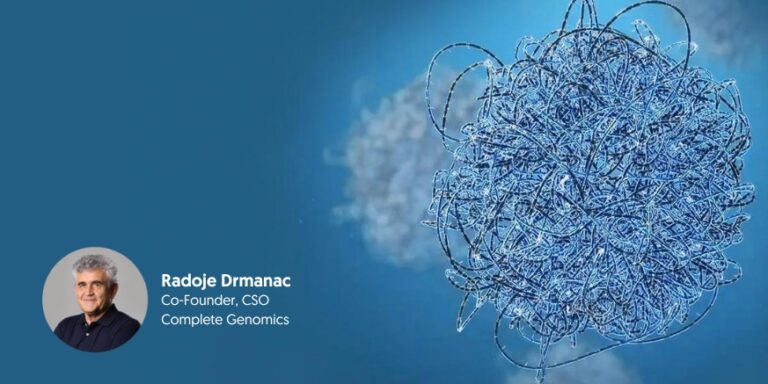International Automation Professionals Day: Q&A with Complete Genomics’ Natalie Martin
April 26, 2024
How did you start a career in lab automation?
I started my path in research labs studying Honeybee genetics and moved into the clinical side during COVID-19, which launched my career in automation and robotics since the COVID labs were normally extremely high throughput.
What are the fun facts about your automation journey?
Like a lot of people, I stumbled across my career in lab automation, especially coming from my degree in coastal environmental science. I really got into automating protocols when I would come home from working at the bench with horrible neck and shoulder pain from pipetting all day. My lab had recently gotten some automation products, but we had no one to program them and fix the bugs so I took it upon myself to learn for the sake of my own pain from doing all the work manually.
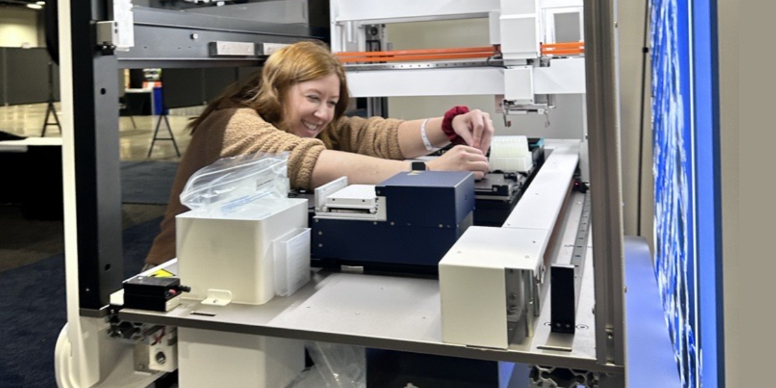
Any advice for a new automation professional?
Besides the basic advice of making sure you take time to understand new automation advancements and the markets for them, the most important thing that has helped me get to where I am at has been my “soft skills”. I have found incredible opportunities through the connections that I have made within the industry and have learned more about automation needs by forming great working relationships within different divisions of the companies I have worked for.
More importantly, I have prioritized relationships with my customers. As a Field Applications Scientist (FAS), your first priority should always be customer satisfaction, and based on my previous interactions as a customer of lab automation companies, I have always worked hard to make sure my customers feel comfortable around me and confident that I will be able to help them. Having those soft skills to effectively communicate internally within your company and with your customers will make you stand out within this industry.
What makes you passionate about automation?
I love the creativity that comes with lab automation. In my personal life, I have always had creative outlets, and it is so much fun to be able to use that within this job as well. Much of lab automation is finding new creative ways to solve unique problems that a customer may be having, and no two days are ever the same! Working in lab automation has been such a great blend of my skills and hobbies, it’s always so rewarding once you finally find the solution, and everything works smoothly.
What is the best part about working in lab automation at CG?
I enjoy working at Complete Genomics on their lab automation products because I have been able to be more involved in development. It has been incredibly rewarding to have a meaningful impact on the development of our products because I know how much it will benefit our customers.
What are your favorite tools?
My favorite tool is not really a tool, but a part of our products, the pipette channels. It seems silly, but I love it when the pipette channels pick up the tips in a cascade/wave type pattern. It is so satisfying and never gets old; extra points when it makes a good clicky sound as it picks them up !
Where do you see the future of lab automation?
As we see lab automation become more affordable, and have a broader range of applications, it will become standard in most labs. Clinical labs and higher throughput research labs know the benefits of lab automation and typically run the same assays repeatedly, allowing automation to reduce the cost and improve data quality through workflow standardization. Unfortunately, it has not made its way into academic labs in the same way, likely due to funding and running a variety of applications with smaller sample numbers that make it less cost effective.
How do you see Artificial Intelligence (AI) impacting lab automation?
I think AI can have a great impact on everything lab automation and we have already started to see it make its way into some early products on the market. I think the functionality I would be most excited to see would be the benefits to error recovery that AI could bring. With integrated cameras tracking movement, the AI can track what went wrong, allowing the automation piece to successfully recover from errors and actively learn to prevent them from happening in the future.
Subscribe for exclusive content and expert insights.

